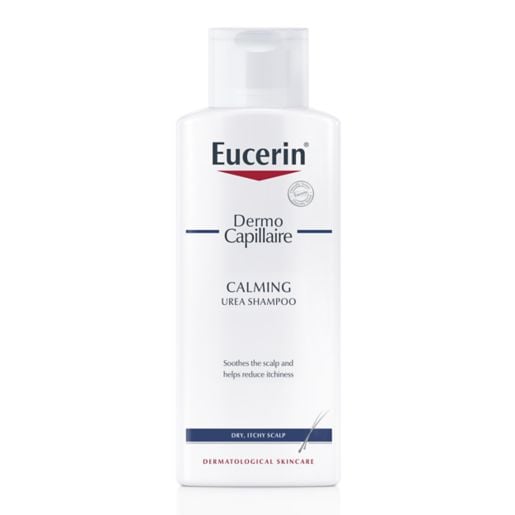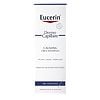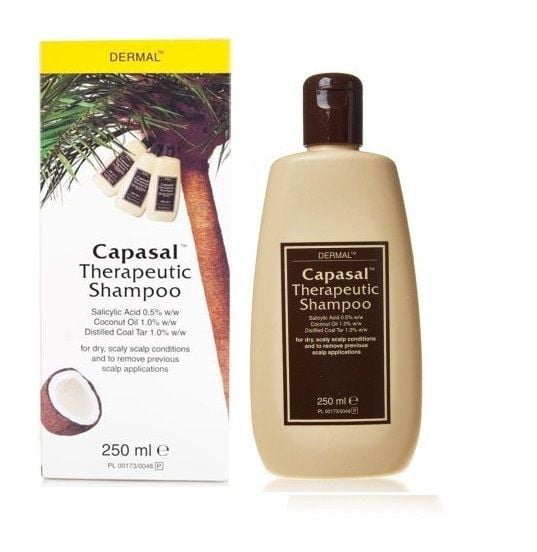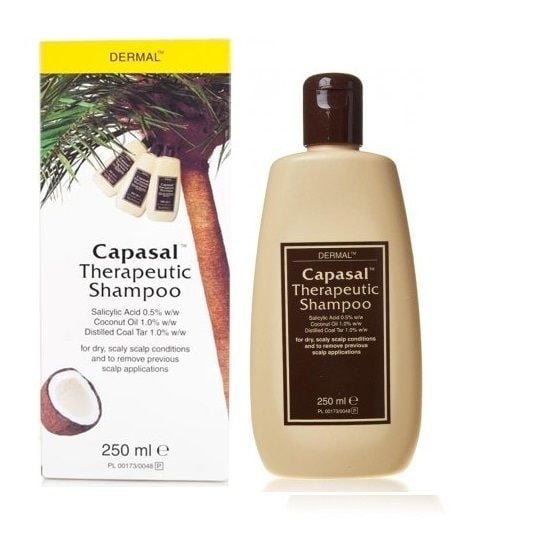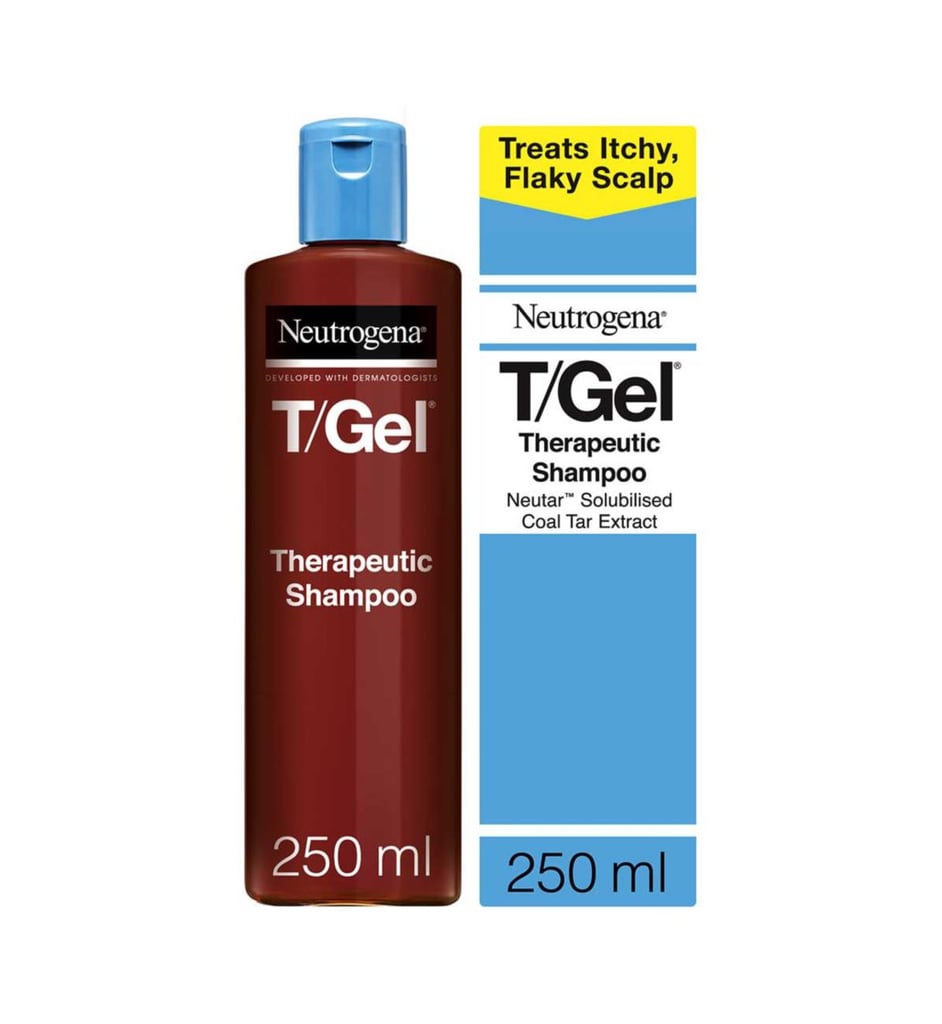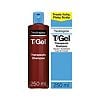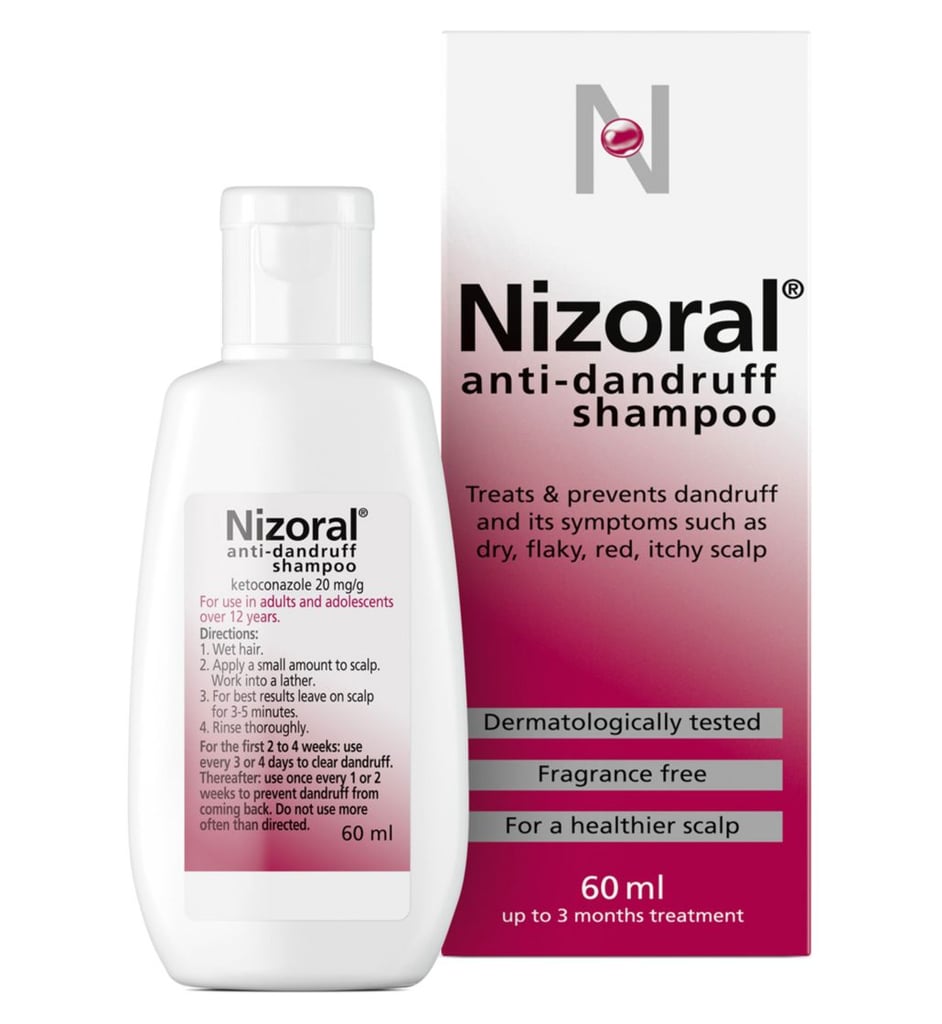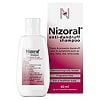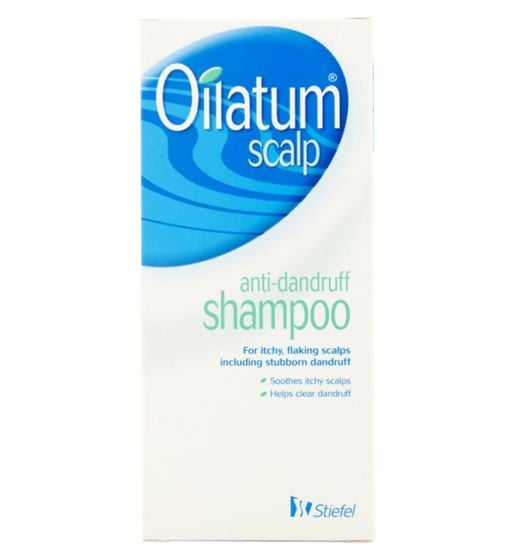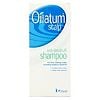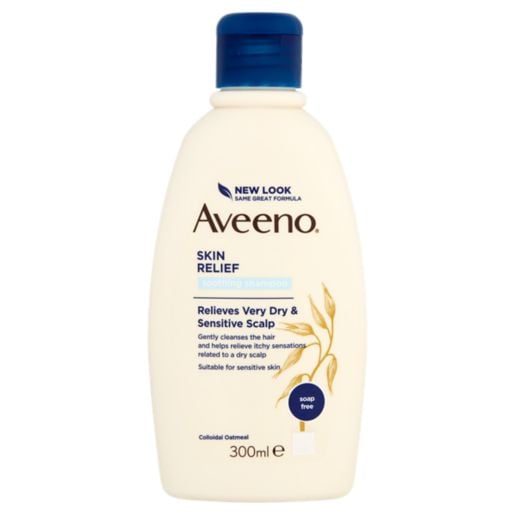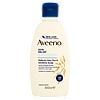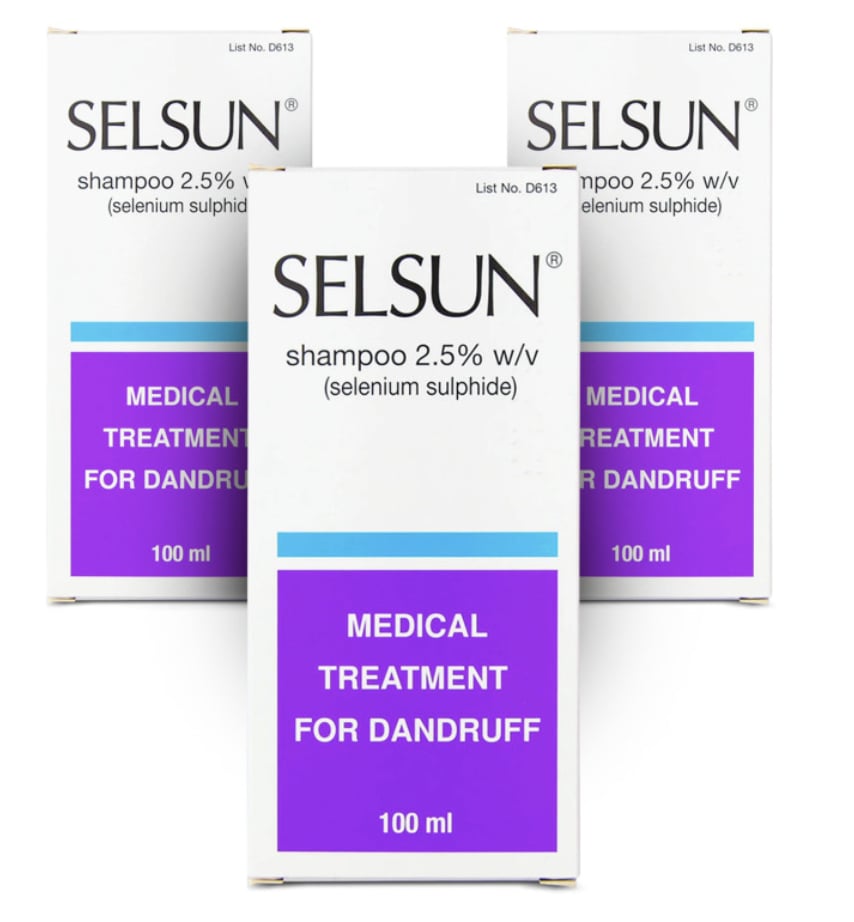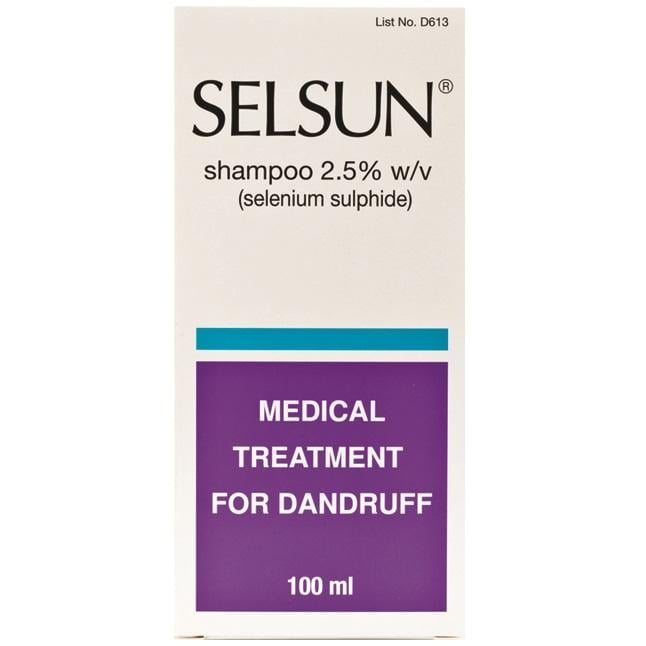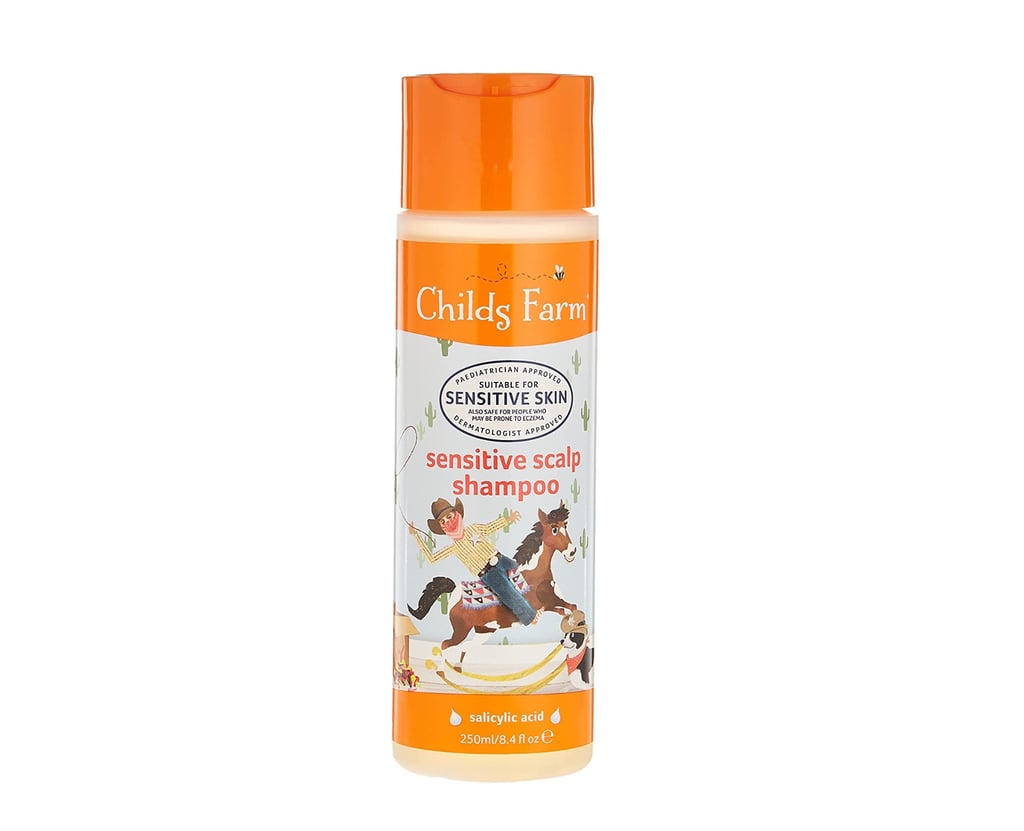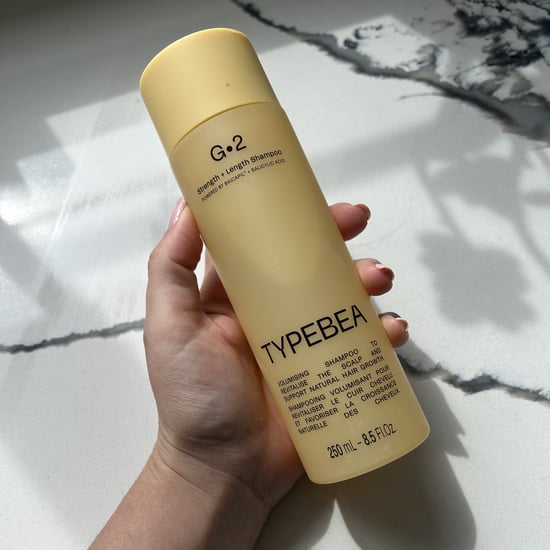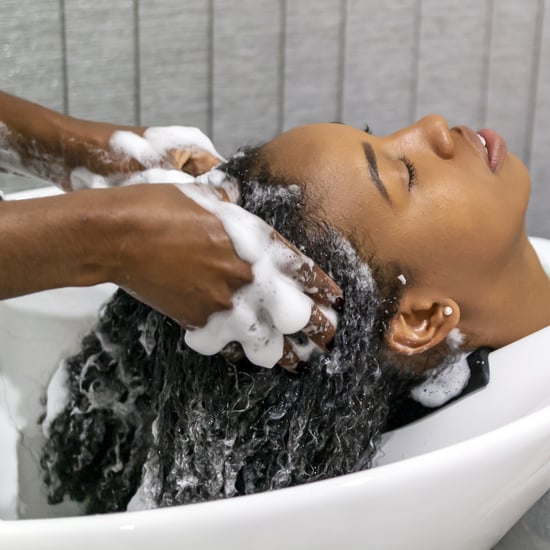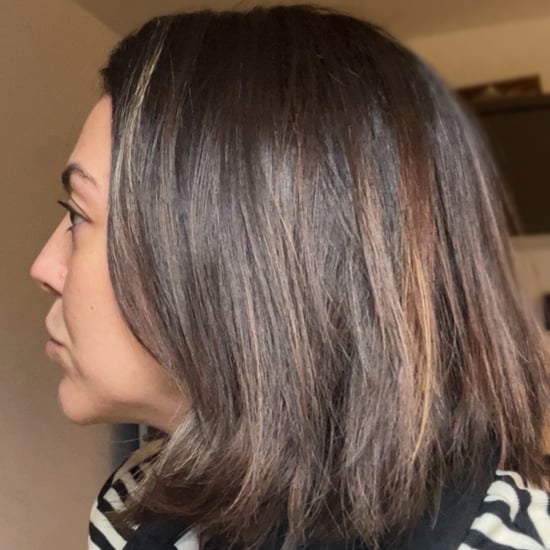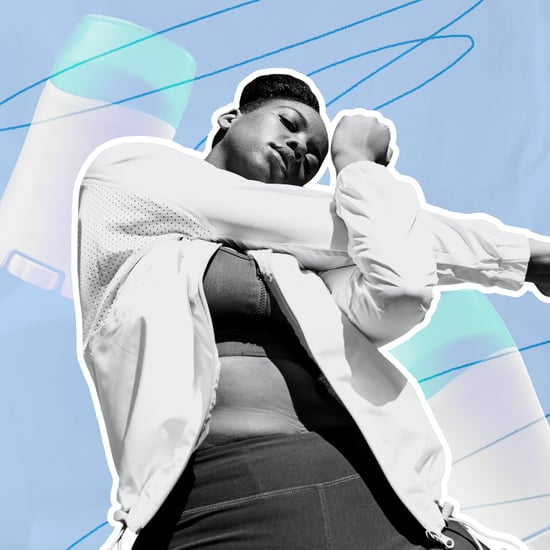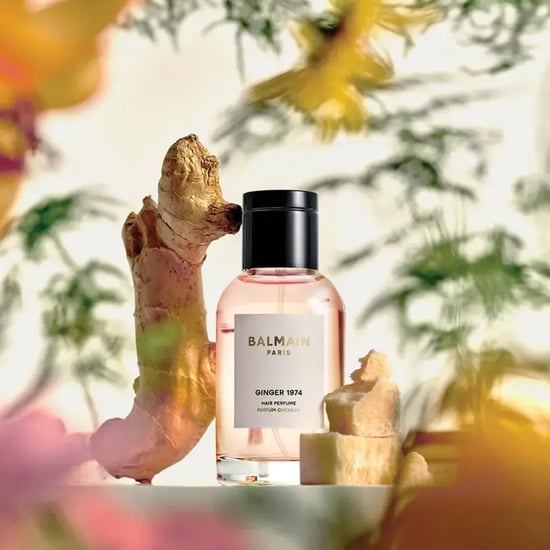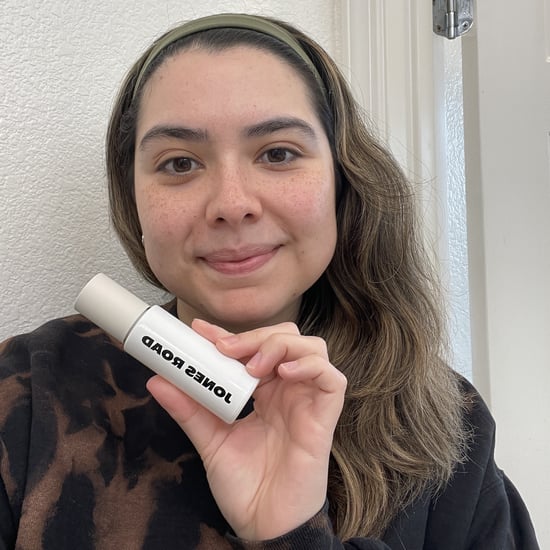The Best Eczema Shampoo For Itchy, Flaky Scalps
These Are the Best Shampoos If You Have an Itchy, Flaky Scalp Caused by Eczema
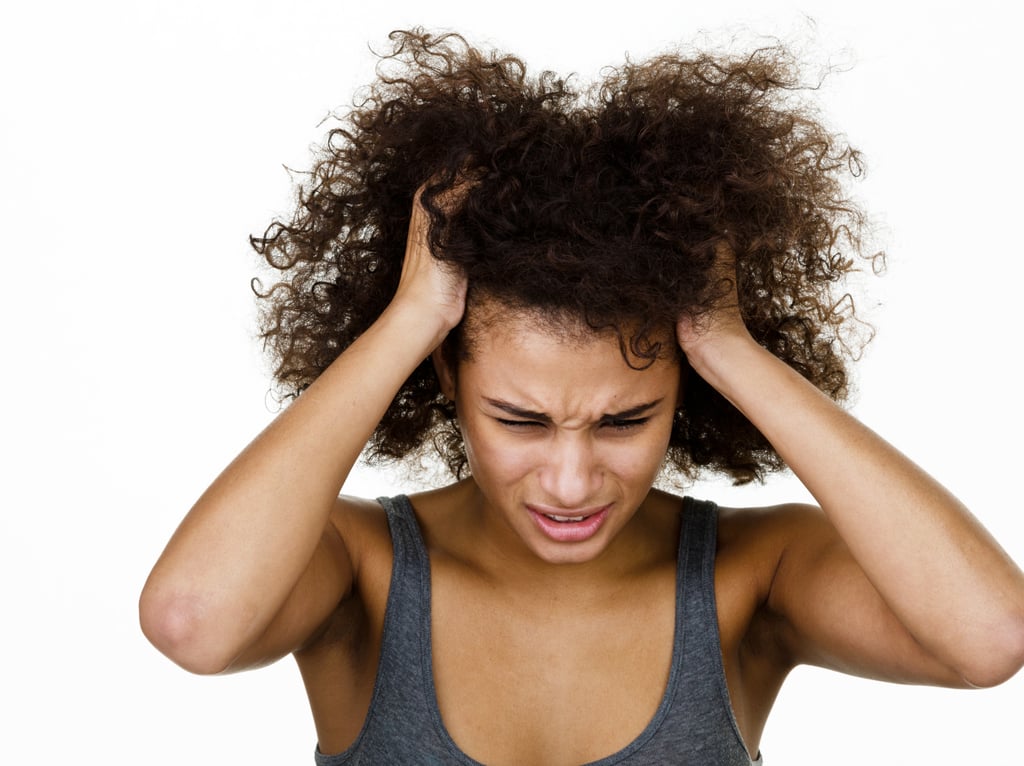
As POPSUGAR editors, we independently select and write about stuff we love and think you'll like too. If you buy a product we have recommended, we may receive affiliate commission, which in turn supports our work.
Typically we think of eczema affecting the hands, the insides of the elbows, and behind the knees, but another common area the skin condition is present in is the scalp. One common type of scalp eczema is a condition called seborrhoeic dermatitis. "Dermatitis, literally meaning 'inflammation of the skin', is another word for eczema," explained consultant dermatologist Dr. Sharon Belmo. Seborrhoeic dermatitis affects areas that are rich in sebaceous (oil-producing) glands, such as the face and scalp, and it can affect any age. In babies, cradle cap is actually a form of seborrhoeic dermatitis.
Eczema is a common condition that can make the skin become "red [or sometimes darker brown in skin of colour], sore, itchy, dry, and flaky," said Dr. Belmo. When it comes to seborrhoeic dermatitis in teenagers and adults, the condition can cause excessive dandruff, redness, and itching of the scalp. "It can also cause redness, dryness, and flaking on the face, particularly on the eyebrows and around the nose and ears. In darker skin types, it can sometimes cause lightening of the skin," Dr. Belmo added. The exact cause of seborrhoeic dermatitis is not known, but Dr. Belmo explained that it might be due to the skin overreacting to an overgrowth of a common type of yeast on the skin called malassezia.
All of these factors can make it confusing and tricky when you have seborrhoeic dermatitis and you're buying hair care, and more specifically shampoo. Having said that, not everyone with scalp eczema needs a specific shampoo; you only need one if your condition is itchy or flaky, or, of course, if a doctor has recommended one, explained Dr. Amélie Seghers, consultant dermatologist at the Cadogan Clinic and author of Eczema: How to Ditch the Itch
"Look out for shampoos with ingredients such as zinc pyrithione, selenium sulphide, or coal tar (side note: Beware! Coal tar has a strong smell), as these all have antidandruff and/or antifungal properties to help with itching and flaking," said Dr. Belmo. For mild cases, this may be enough. "You can also look for shampoos containing ketoconazole. This is antifungal and can therefore help to reduce the yeasts on the skin," she added. In addition to that, Dr. Belmo noted that salicylic acid can help reduce scaling on the scalp, too.
When it comes to things to avoid, Dr. Seghers said it follows the same general rule as moisturisers: avoid perfume-smelling shampoos and opt for gentle formulations. She noted that some of her patients benefit from baby shampoos as they're usually very gentle on the scalp.
To get started, Dr. Belmo recommends using a new shampoo two or three times a week until the dandruff or scaling is under control, then once a week as maintenance. "Try to lather well and leave on the scalp for about five minutes before rinsing off," she added. Read on to shop some dermatologist-recommended shampoos specifically formulated for scalp eczema.

